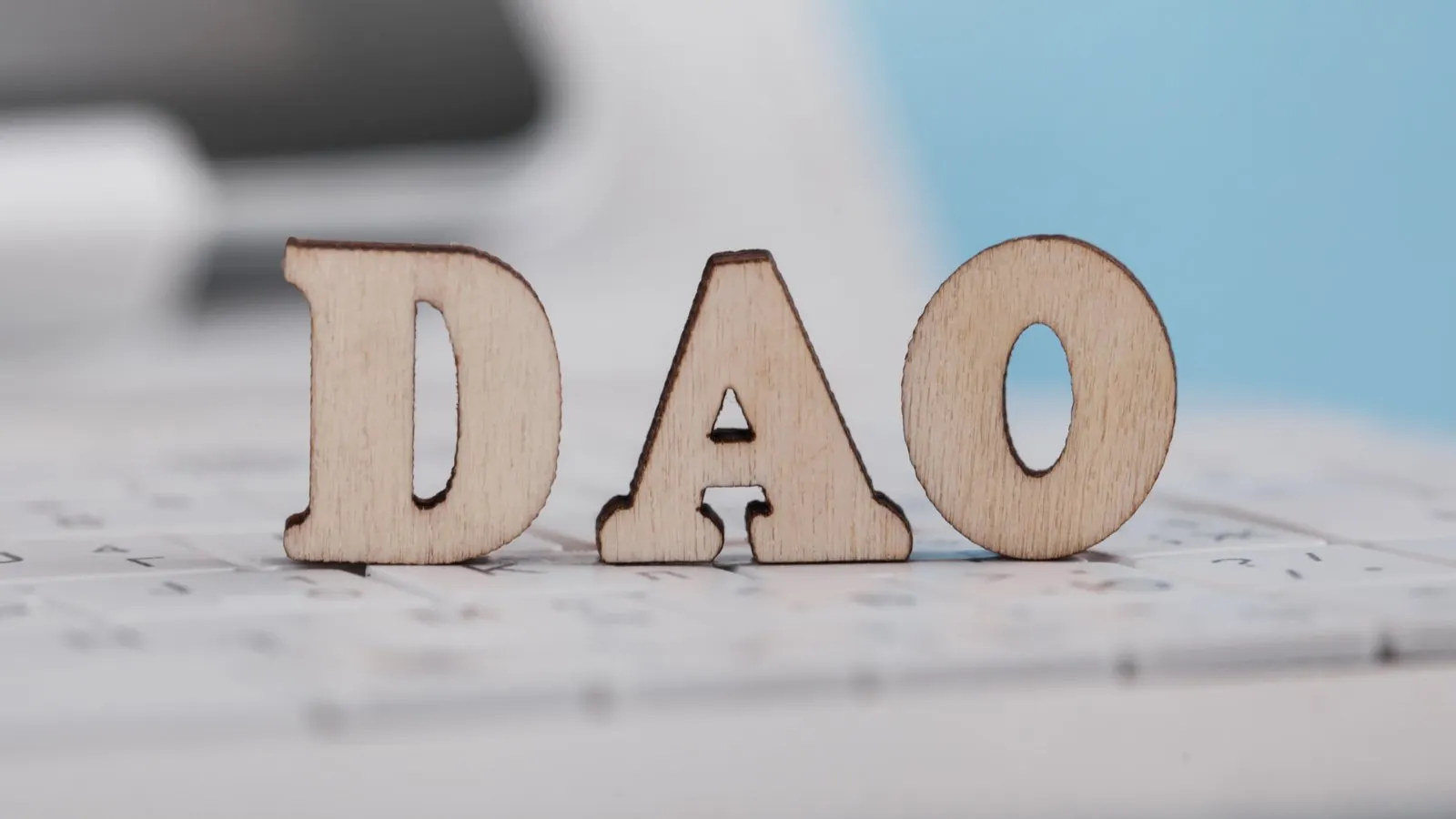The crypto community was up in arms earlier this week after gas giant Shell sponsored a funding round for Gitcoin.
The controversy stemmed from greenwashing accusations–a deceptive marketing practice used to persuade the public an organization's policies or goals are environmentally friendly–by Shell.
Many were quick to extol what they considered to be a mistake from Gitcoin, prompting new questions about decentralized autonomous organizations, or DAOs.
Specifically, are they actually good at making decisions?
“It’s a very difficult question," Lefteris Kasparis, an Ethereum developer and founder of Rotkiapp, told Decrypt.
One of the many to oppose Gitcoin’s Shell deal, which he said seems like a “case of bad governance," Lefteris told Decrypt that the answer “depends on the DAO.”
DAOs are organizational structures where control is horizontal and spread out rather than top-down. They use smart contracts, with participants using tokens to vote on topics such as fund allocation or governance issues.
These are, in reality, a technological version of a worker structure that has existed for eons: worker cooperatives. And DAOs, as co-ops, come with their own sets of issues.
Founder and executive director for the DAO Research Collective, Connor Spelliscy told Decrypt that “even with an organization that is relatively robustly decentralized, this kind of thing can happen.”
He added that it’s likely the community doesn’t vote on every partnership, doubting Gitcoin would be “very effective if they did.”
Spelliscy also pointed out that it’s important to consider “what a good decision is.”
For him, if that means a decision “more accurately reflects the needs of their community, I'd say they're probably better than legacy corporate equivalents on average.”
Gitcoin, Shell tie-up a win for financing
Although at least one member of the Gitcoin team said “we fucked up,” the unsavory decision isn’t a mistake for everyone.
Justice Conder, a software developer that oversees DAO development at Polygon Labs, thinks innovation is the only path forward–especially for funding–and is what Gitcoin “sought to advance with this initiative.”
“The fact that Shell donated to a matching pool to stimulate environmental and energy innovation is a great thing,” he told Decrypt. “What's the alternative? Would people prefer they didn’t?”
Conder compared this to Ledger’s recent recovery service blunder, ”mainly on the communications and branding side of things.”
He explained that the only way for DAOs to work is through DRIs–Directly Responsible Individuals–or as “they say in the military: one throat to choke.”
Conder says DAO governance should be minimized, thematically scoped, and parameterized to be useful.
“The ‘wisdom of the crowd’ does not come for free and must be extracted through precise and intentional engineering,” he explained.
This view contrasts that of one of Gitcoin’s first contributors Joseph Schiarrizzi.
Although he told Decrypt: “DAOs that use the Wisdom of the Crowd are excellent decision makers,” these aren’t without challenges.
“Tyranny of structurelessness leads to DAOs failing,” he said, adding “just because tech bros discovered cooperatives, doesn’t mean there isn’t a rich history to learn from.”
DAO controversies par for the course
According to Francisco Diaz, an anthropologist and DAO researcher at talentDAO, an organization dedicated to researching how these types of organizations work, the problem in Gitcoin’s case was one of ignoring internal processes.
“They are too focused on technological solutions,” he told Decrypt.
That said, and although he considers decentralization “something neutral,” the debate is a sign of an organization that is “moving and gaining interest.”
For him, any type of decentralized organization will have these types of controversies. He pointed to Bitcoin’s block size wars, Ethereum’s DAO hack that eventually led to a hard fork, or whether DAI uses USDC for collateral as examples.
Diaz also told Decrypt that what matters is to “observe how organizations adapt and generate long-term solutions.”
Many in the crypto community are quick to tout decentralization at all costs as the panacea and answer to many of the world’s questions.
But the greenwashing fiasco tells another tale, with some considering it a governance failure.
Spelliscy says otherwise.
“The existence of these DAOs provides the blockchain community, and society more broadly, with incredible data on the success or failure of novel systems of governance,” he said.
Daily Debrief Newsletter
Start every day with the top news stories right now, plus original features, a podcast, videos and more.

